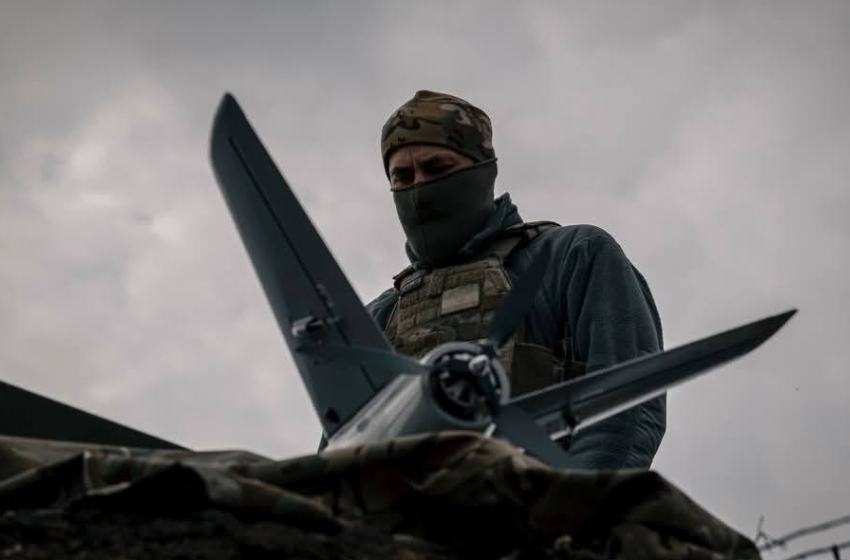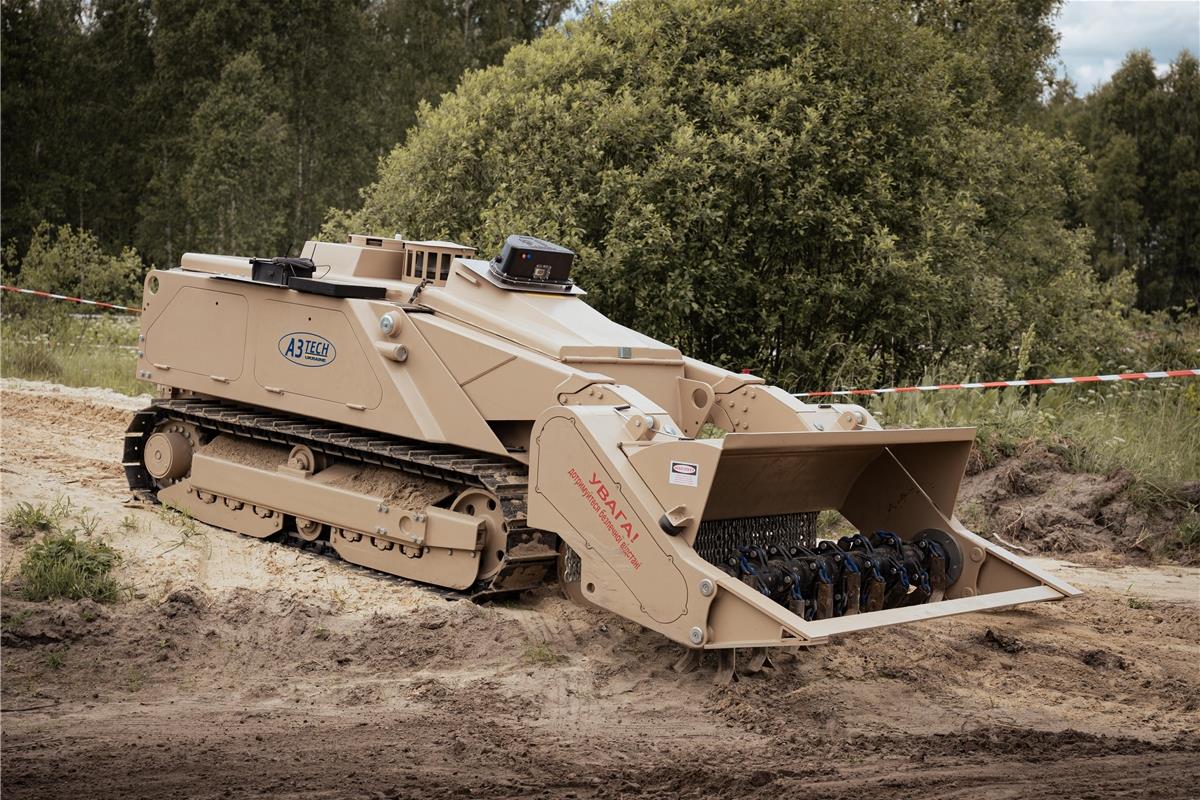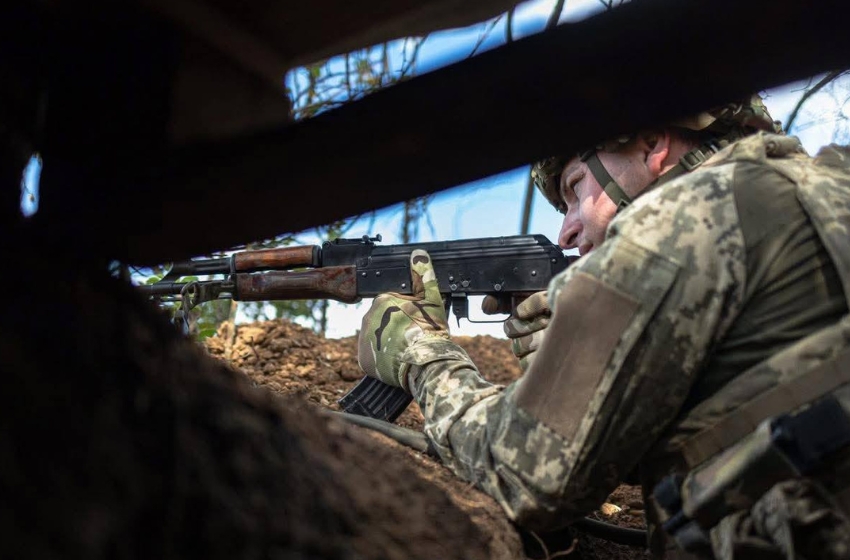Russian oforces are increasingly replacing heavy military equipment with small infantry groups using improvised vehicles, supported by drones. This shift was reported by Major Viktor Trehubov, spokesperson for the Khortytsia operational-strategic group, during a television broadcast.
“Russian assaults with heavy equipment are becoming less frequent, while attacks involving light, improvised vehicles and small infantry groups are gaining momentum—and this trend is likely to intensify by summer,” Trehubov stated. “This change is due both to the loss of heavy equipment and to a shift in their tactical approach in response to evolving battlefield conditions. Since this is now primarily a drone war, and electronic warfare (EW) systems have lost their effectiveness against the large number of fiber-optic drones, tanks and heavy armor—despite strengthened EW support—have become less relevant on the front lines.”
According to Trehubov, Russia is now prioritizing small infantry groups operating in coordination with UAVs (unmanned aerial vehicles) and with the ability to be quickly relocated. However, he added, this tactic is proving largely ineffective.
“Russians are even using motorcycles for such operations. But at this rate, they’ll soon resort solely to these low-efficiency raids. We're already seeing this in some areas like the Pokrovsk and Lyman sectors—Russians attack constantly: they ride in on motorcycles, get taken out, and then the next wave of motorcycles comes—and this goes on throughout the daylight hours, and possibly beyond,” he said. “This is the new format of warfare on the front lines, and it will likely increase as foliage thickens and Russia's supply of armored vehicles continues to dwindle.”
He also noted that the effectiveness of these infantry assaults is decreasing further due to a lack of young recruits.
“They’re seeing an aging trend in their combat units. These used to be young guys, now they’re men aged 40 and up. We’re facing the same issue, but we’re mostly on the defensive. For them, this is a major problem—they’re the ones attacking. And middle-aged men, especially from rural Russian regions, aren’t exactly agile—especially when they’re heavily loaded,” Trehubov concluded.





















